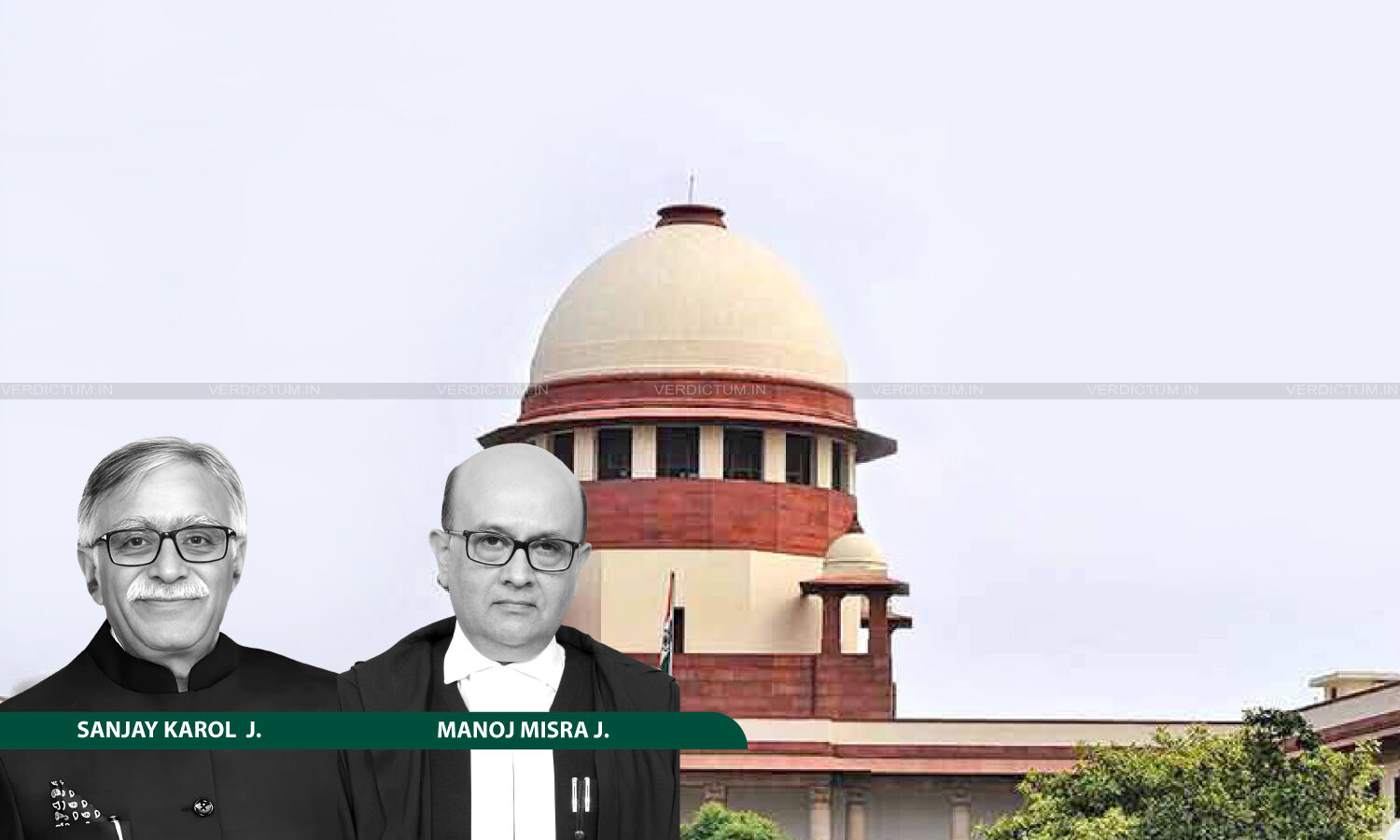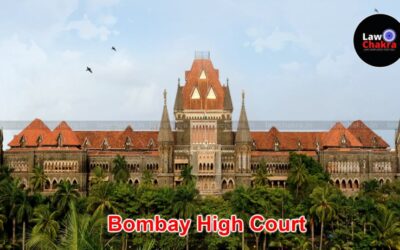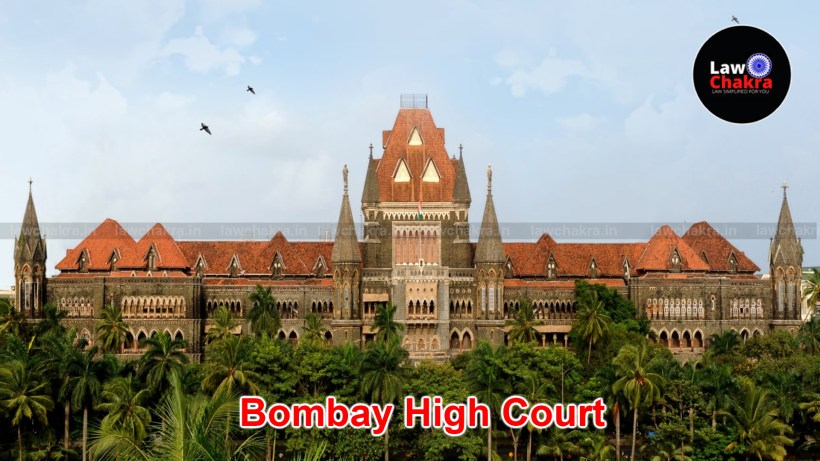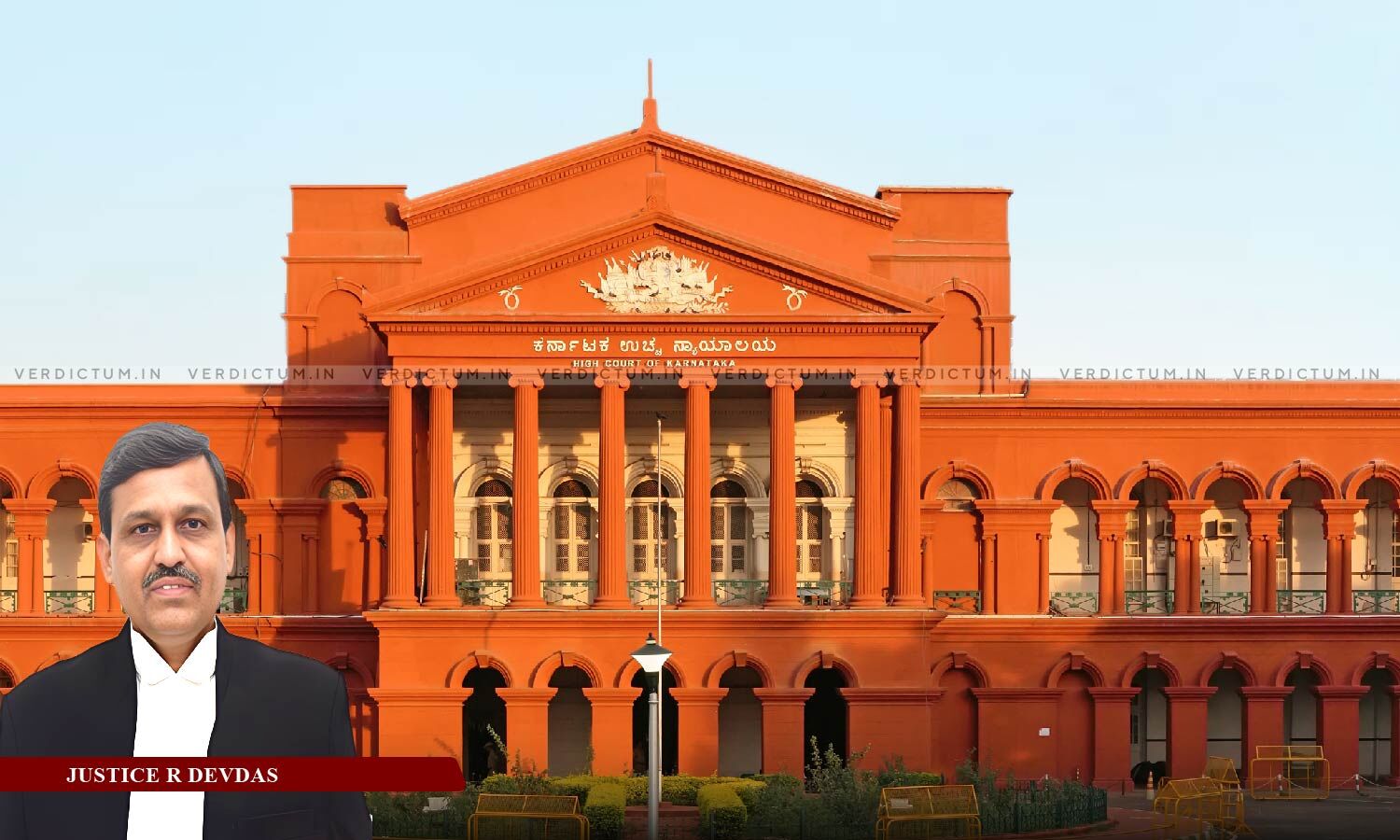Putting A Person In Fear Is An Offence U/S 387 IPC; It Need Not Satisfy All Ingredients Of Extortion U/S 383 IPC

The Supreme Court has clarified that putting a person in fear would make an accused guilty of an offence under Section 387 of the IPC; it need not satisfy all the ingredients of extortion as provided under Section 383 of the IPC.
The Court set aside the Order of the Allahabad High Court, which held that since no offence of extortion under Section 383 of the IPC was made out, consequently, no offence under Section 387 of the IPC would be made out, thus finding it a fit case to be quashed. The Court stated that Section 387 of the IPC, being a penal provision, has to be strictly interpreted, and no condition/essential ingredient can be read into it that the Statute/Section does not prescribe.
The Bench of Justice Sanjay Karol and Justice Manoj Misra held, “The reasoning adopted by the High Court is, on the face of it, flawed and misplaced. When the Legislature has created two separate offences with distinct ingredients and punishments, then assigning the essential ingredient of one to another is not a correct approach adopted by the High Court. Nowhere does the Section say that extortion has to be committed while putting a person in fear of death or grievous hurt. Instead, it is the other way around, that is to say, putting a person in fear of death or grievous hurt to commit extortion. Extortion is not yet committed; it is in the process of committing it that a person is put in fear. Putting a person in fear would make an accused guilty of an offence under Section 387 IPC; it need not satisfy all the ingredients of extortion provided under Section 383 IPC.”
AOR Anilendra Pandey appeared for the Appellant, while Advocate Shariq Ahmed represented the Respondent.
Brief Facts
The Trial Court found a prima facie case against the accused and issued summons under Section 387 of the IPC. Being aggrieved, the accused approached the High Court by filing an Application under Section 482 of the CrPC for quashing of the summoning Order. The High Court observed that to make out a case of extortion, one of the essential ingredients is to deliver any property or valuable security under threat by the complainant to the accused, and that such ingredient was missing as no money was handed over.
Court’s Reasoning
The Supreme Court held, “The scope of the provision cannot be extended by reading into it words which are not there. Section 387 IPC, being a penal provision, has to be strictly interpreted, and no condition/essential ingredient can be read into it that the Statute/Section does not prescribe.”
The Bench explained, “Without going into the merits of the case, we are of the view that the instant case is not fit for quashing as the two essential ingredients for prosecution under Section 387 IPC, as discussed supra have been prima facie disclosed in the complaint, (a) that the complainant has been put in fear of death by pointing a gun towards him; and (b) that it was done to pressurize him to deliver Rs.5 lakhs. The High Court, while quashing, has wrongly emphasized the fact that the said amount was not delivered; it failed to consider whether the money/property was delivered or not, is not even necessary as the accused is not charged with Section 384 IPC. The allegations of putting a person in fear of death or grievous hurt would itself make him liable to be prosecuted under Section 387 IPC. The natural corollary thereof is that the allegation of the criminal case being a counterblast is negated.”
Consequently, the Court ordered, “With the aforesaid observations, the appeal is accordingly allowed. The impugned order dated 28th June, 2024 is set aside, and the proceedings emanating from Complaint Case No.58 of 2022 are restored to the file of the Trial Court. Parties are directed to appear before the Trial Court on 12th August, 2025. Parties are further directed to fully cooperate and the hearing is expedited.”
Accordingly, the Supreme Court allowed the Appeal.
Cause Title: M/S Balaji Traders v. The State Of U.P. & Anr. (Neutral Citation: 2025 INSC 806)
Appearance:
Appellant: AOR Anilendra Pandey; Advocates Anilendra Pandey and Ashutosh Gupta
Respondents: Advocates Shariq Ahmed, Tariq Ahmed, Vinay Vats and Adnan Yousuf





